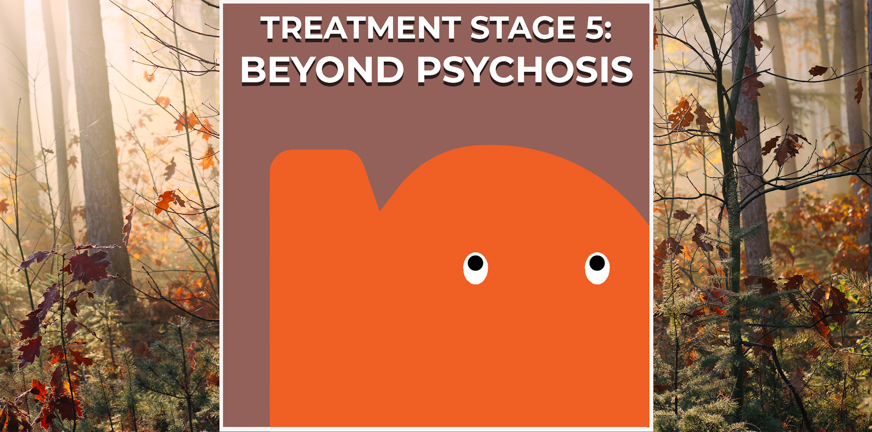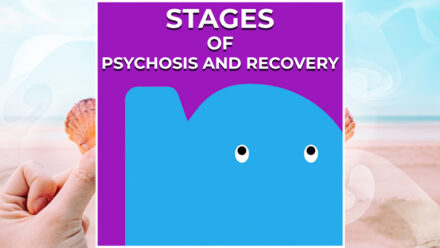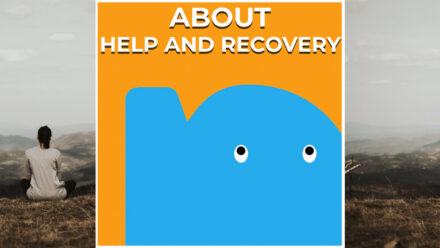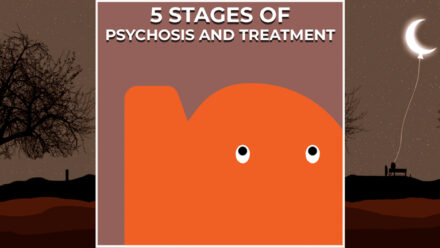
In the stage of ‘life beyond psychosis vulnerability’, you have learned to deal with your vulnerability so well that you can bear its burden, feel acceptance, and live your life.
From the idea that becoming ill is a healthy response to an unhealthy situation, this stage is the time for someone with lived experience of mental illness to search for answers. Living with psychosis means having answers to important questions that help prevent mental illness.
Questions such as:
- How is my vulnerability part of human diversity?
- How and when do I tell the story of my vulnerability over the life course to others?
- How do I develop resilience and how do I put it into practice on a daily basis?
- How do I manage formal and informal sources of help and resilience?
- How can I become empowered to take my own treatment decisions?
- How do I experience perspective and a meaningful life even with ongoing problems?
Peace and acceptance
When you have answered most of these questions about recovery, there is sufficient peace and acceptance. Because of this, being afraid of another psychosis plays little to no part in your daily life. At this stage, one can truly say the psychosis is over. Precisely because you accept it, the psychosis vulnerability is assigned a meaningful place in your life.
With your lived experience and expertise, in this stage you could help others with insights into what a healthy life and environment means. And what it takes to recover from the often traumatic event of going through psychosis. When you can live with psychosis, you can teach others the same.
Finding stable ground through empowerment
Treatment can focus on feeling empowered to take treatment decisions, regaining ever more control of your life and on living an untroubled life as much as possible.
Psychotherapy can contribute to strengthening your role(s) in life. Family constellations, a type of therapy, can provide insights into the possible improvements in the current family system and how you were shaped by your childhood family. Alternative care, such as mindfulness, could also be valuable in learning to deal with one’s own body and emotions.
Staying active (socially as well as physically) is also valuable for further recovery and keeping your balance. Activities that bring together someone’s passions, offer fulfillment and meaning, always have a good influence. This is also true for a healthy diet.
Some, but not all, may go on to study on becoming a person with lived experience working in the mental health care system or a recovery college.




